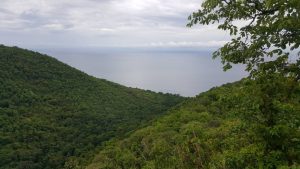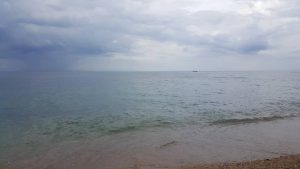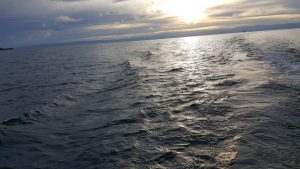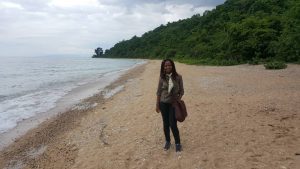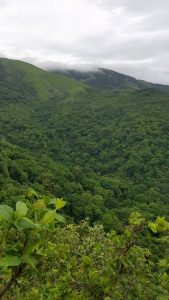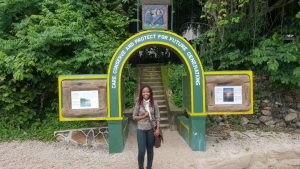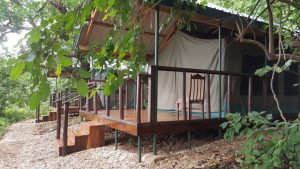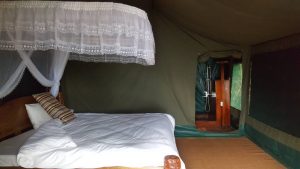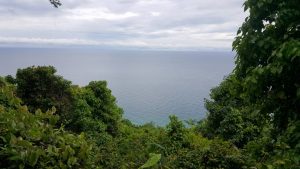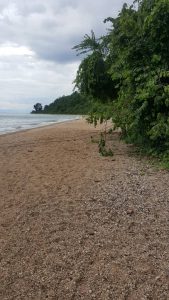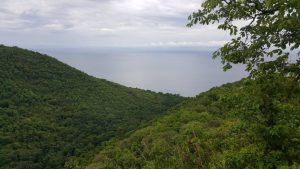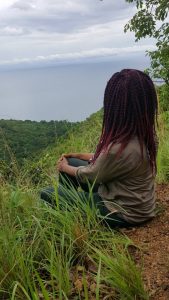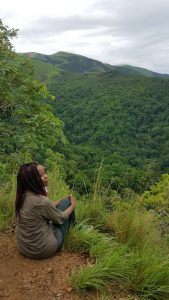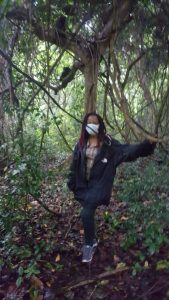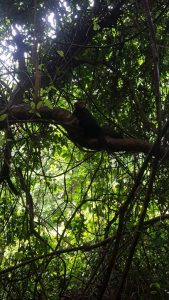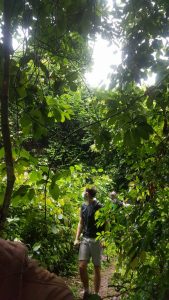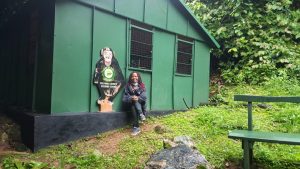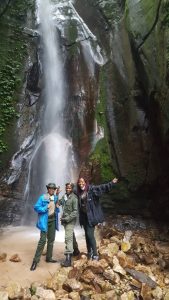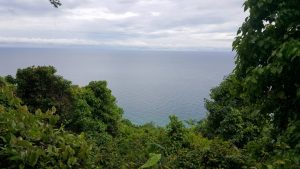Kigoma has a rich history. It is the home to over a century old #MVLiemba- a Germany war ship assembled in Lake Tanganyika during the first World War.
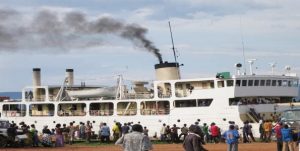

(Source: google image)
The ship still operates with international routes to DRC and Zambia.

(source: photo taken by the author on her phone)
Today, I visited the Port of Kigoma and I couldn’t stop thinking. Am having sleepless night out of the missing tourism potential. There were multitude of passengers waiting to go to Zambia through various stops using #MVLiemba on Lake Tanganyika. I was sad. Everything- the waiting, the set-up, passengers treatment etc- all display serious issues and manifestation of poverty. The ship was scheduled to leave at 4pm (it will then get to Zambia on Saturday (3 days after). It only operates twice a month) – at 7pm, it had not left, leave alone check-in the passengers in. I asked and was told may be the journey will start at 9 or 10pm. I wished to wait and see but I couldn’t.
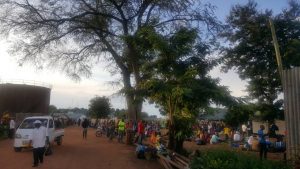
(source: photo taken by the author on her phone)
Last time I was in Kigoma in 2013, I was super lucky as my host arranged for a special tour in #MVLiemba. I toured the whole ship and was thrilled. Then I was too academic- and I kept thinking of Plato and his analog of the ship. I blogged my experience and thinking.
Well, today I asked myself many questions- and mostly on why haven’t we turned Kigoma into a powerhouse through tourism.
Here is my thinking:
#Kigoma is the gate way to Central and Southern Africa. It is partly composed of the beautiful Lake Tanganyika, through which its connected to Burundi, DRC, and Zambia.
Lake Tanganyika looks like a sky on the ground!
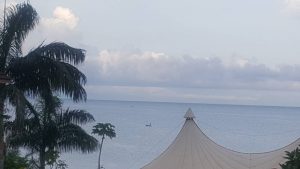
(source: photo taken by the author on her phone)
The Municipality is also a home to Ujiji- one of the key global historical town famously known as a first meeting point for Dr. Livingstone and Stanley, where Stanley uttered the popular historical phrase “Dr. Livingstone, I presume!”
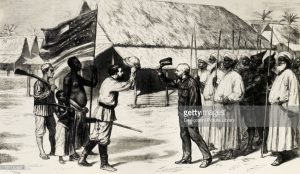
(source: google images)
The town-Ujiji- keeps a long culture – mixture of Arabic and Swahili/African culture. It is a potential cultural tourism area.
Kigoma is also a home to two national parks – the habitats of the endangered Gorillas – Gombe and Mahale.

(source: google images)
Now, why is Kigoma not yet the centre of tourism for the entire region- Central, Eastern, and Southern Africa? Why aren’t we using #MVLiemba as a tourist ship – with restaurants, bars, discos, etc inside it – doing specialized/designated touristic trip across the lakes to different countries?
My suggestion is as follows:
- MV Liemba should be turned into a touristic ship with all amenities into it. The government can invest on a new, safer, faster ship for transportation purposes- or encourage private sector to invest on ships to transport people from Kigoma to DRC, Burundi and Zambia as well as other in-country stops.
- Harmonize tourism efforts in the region through designing of touristic packages that include Gombe, Mahale, and Lake Tanganyika voyage tours.
- The Cultural Heritage and Antiques department should enhance tourism in #Ujiji by modernizing the streets, the Dr. Livingstone Memorial Museum, and the slave routes.
- Encourage cultural tourism in #Ujiju- the old houses, the streets, the hanged bed hand crafted bed sheets, are a gem and so are the warm people around.
If these attractions are enhanced and harmonized, we can be sure to develop the Western part of our country. There are already key infrastructure in place – such as well-functioning airport- so the above should not be a hard to implement- they are a quick wins.
I urge all of us to think beyond our traditional means of economic development towards developing centres that will expand our economy. Tourism is an industry and it can fit very well with our industrialization policy. It has multiplier effects and can ensure massive employment.
Let’s do it.
